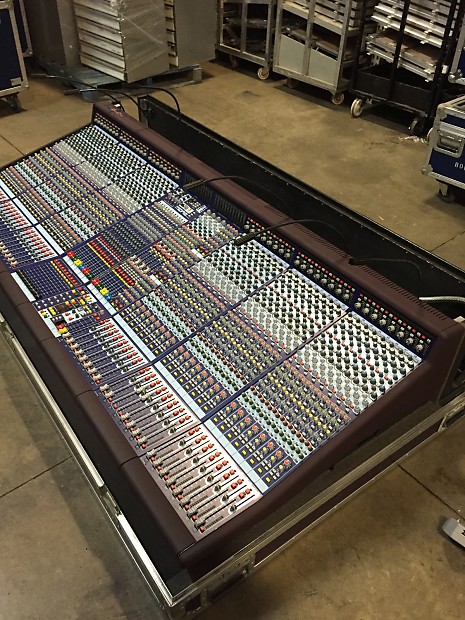Had someone ask about this, and I’m going to post here. Anyone else of course, is welcome to add thoughts or comments.
My first piece of advice to this person, is to skim through a few episodes of Shark Tank. Yes, as crazy and silly as that sounds, hopefully you’ll gain some surface level basics about what we call ‘business metrics’. Those are a quantifiable measure of numbers that reflect how a business is currently functioning, and what effect those numbers can have on decisions in the future.
I had an extensive chat with Russ Berger, one of the worlds leading studio designers and acousticians several years ago in Ft Wayne Indiana. This guy is involved in the building of studios, but also has a front row seat to watching some of the companies he constructs beaufitul facilities for crash and burn. He said one of the main reasons he sees substantial investments in a studio facility fail is because the individual grossly overestimated their future revenue. That or they started marketing as a premium studio and their buyer market decided they had the gear but didn’t have the chops. Usually their business plan is clear, but their projections are unrealistic.
In little venture buys myself, I almost always wait until companies have verifiable licensing outlets or purchase orders to invest. I wanna see the contract in place first, then lets talk about ramping up the tools fill the work order. My advice is to stay as small and efficient as possible. I believe the ‘show off’ studio model that touts gear as it primary competitive advantage is an inefficient operations model.
One thing to keep in mind when borrowing to invest in a studio is that under no circumstances do you EVER have a real estate upside. I don’t give a shit how much money you put into sound treatment, electricity, and embellishments, at the end of the day, you will have the same 2500 sq ft warehouse building or office block you started out with.
Speaking of real estate, my advice is to rent until a clear break-even point can be determined based on your finances. When that time comes see if you can find a building that used to be a studio, then see how well it was built. This sticks the previous owner with all of the depreciation of the facility buildout. You may be able to get a loan for this, as there is a collateral lean against physical property, and that property isn’t your mixer or your speakers.
Unless you’re seeking to borrow to full specific service contracts (like the stuff that I do), your loan should probably be positioned to acquire a facility, not gear to outfit it. Let that take care of itself, again unless you’re going into film and gaming. If you’re in music, let the building be the primary asset. You can record music with an entire glob of low end shit but if you have a pleasant building to work out of, and you’re good at using it, you can almost always get your clients results with some of the most humble gear you could imagine.
